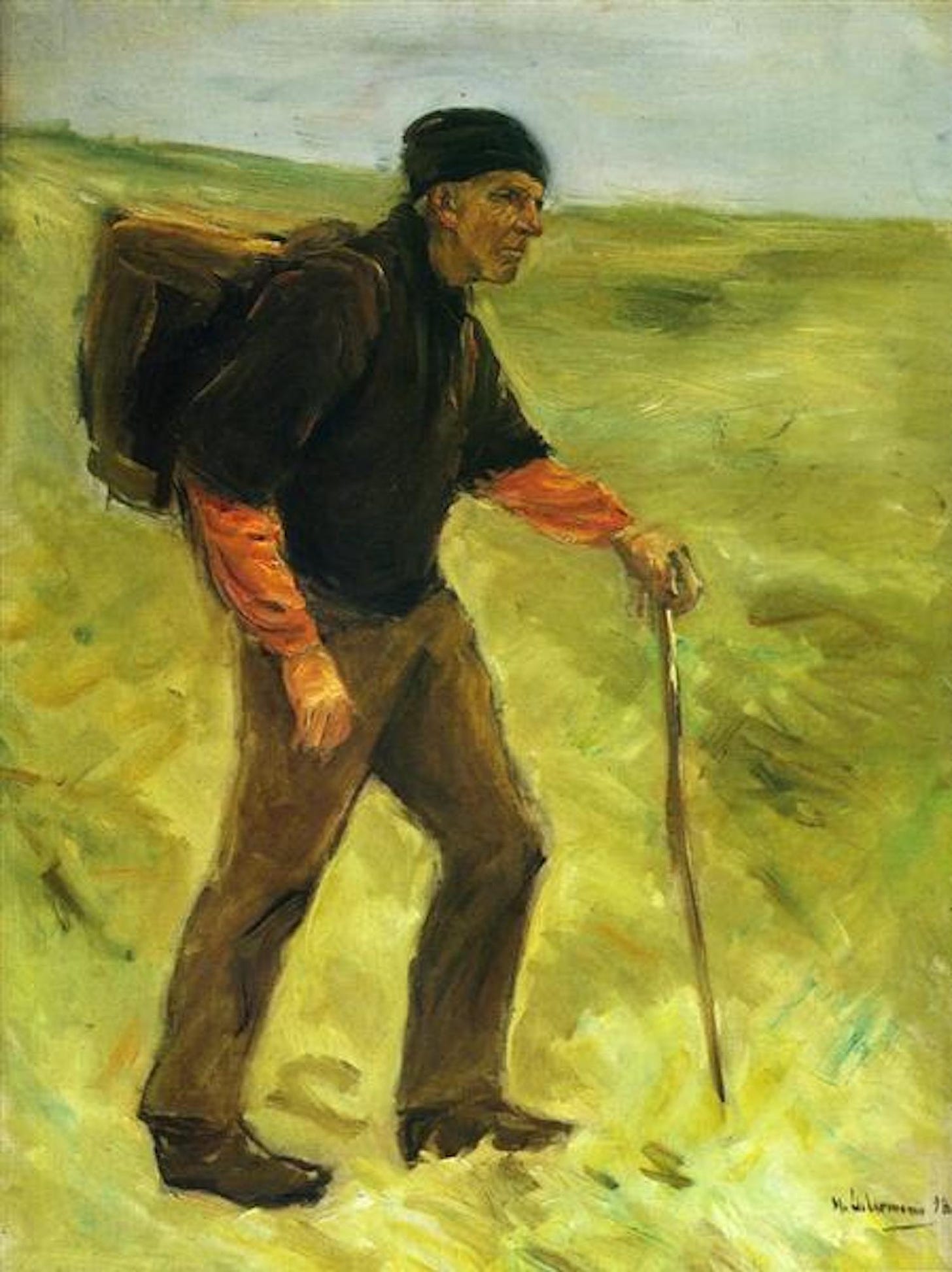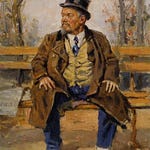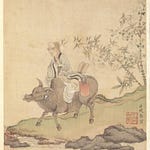Greetings Friends!
Welcome back to our series — Essays on the Art of Living! Throughout this series, we are sharing audio productions of famous essays. Today’s meditation is not necessarily an essay but is an important work. Here is Part I of what is known today as Principle Doctrines by the Greek philosopher Epicurus.
The Epicurean Life
Epicurus placed an extremely high value on friendship (or love: philia). A saying with rather a more poetic flair than Epicurus’ custom runs: “Friendship goes dancing round the world, announcing to all of us to wake up to happiness.” Epicurus held that a wise man would feel the torture of a friend no less than his own and would die for a friend rather than betray him, for otherwise, his own life would be confounded. These are powerfully altruistic sentiments for a philosopher who posits as the unique goal in life happiness based on freedom from physical pain and mental anxiety. […]
Source: https://plato.stanford.edu/entries/epicurus/
🎧 Podcasts on Epicureanism
Principle Doctrines by Epicurus
Here is Part I of a work known today as Principle Doctrines (A Collections of Short Sayings) by the Greek philosopher Epicurus.
1. A happy and eternal being has no trouble himself and brings no trouble upon any other being; hence he is exempt from movements of anger and partiality, for every such movement implies weakness
2. Death is nothing to us; for the body, when it has been resolved into its elements, has no feeling, and that which has no feeling is nothing to us.
3. The magnitude of pleasure reaches its limit in the removal of all pain. When pleasure is present, so long as it is uninterrupted, there is no pain either of body or of mind or of both together.
4. Continuous pain does not last long in the body; on the contrary, pain, if extreme, is present a short time, and even that degree of pain which barely outweighs pleasure in the body does not last for many days together. Illnesses of long duration even permit of an excess of pleasure over pain in the body.
5. It is impossible to live a pleasant life without living wisely and well and justly, and it is impossible to live wisely and well and justly without living pleasantly. Whenever any one of these is lacking, when, for instance, the person is not able to live wisely, though he lives well and justly, it is impossible for him to live a pleasant life.
6. In order to obtain security from other people any means whatever of procuring this was a natural good.
7. Some people have sought to become famous and renowned, thinking that thus they would make themselves secure against their fellow-humans. If, then, the life of such persons really was secure, they attained natural good; if, however, it was insecure, they have not attained the end which by nature's own prompting they originally sought.
Listen to this episode with a 7-day free trial
Subscribe to Perennial Meditations to listen to this post and get 7 days of free access to the full post archives.














